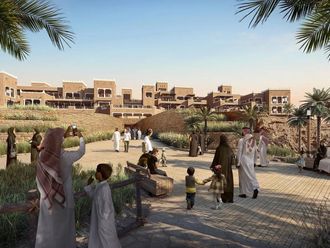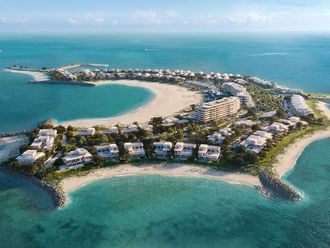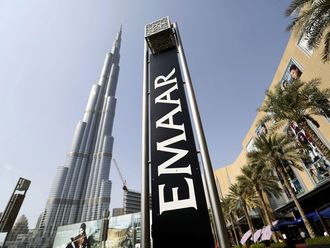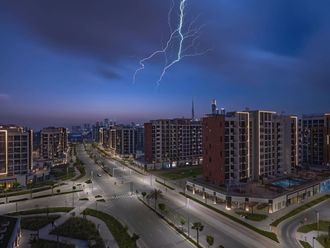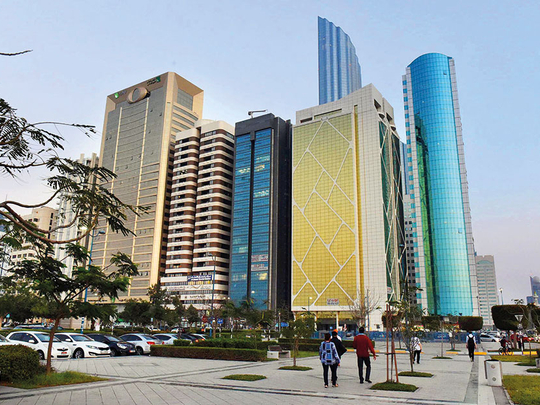
Dubai: Abu Dhabi’s office landlords can take heart — there isn’t too much of new Grade A supply coming through in the next couple of years. In a marketplace where there is muted occupier demand, that comes across as a silver lining.
This will be “important for landlords to maintain headline rents,” says the new Knight Frank report on Abu Dhabi commercial realty situation.
“There are limited new developments under construction, and of those we could see some further delay in completion.
“Prime office rents remained steady at Dh1,700 per square metre [Dh182 a square foot], whilst rental values for Grade A shell-and-core office space declined to Dh950 per square metre [Dh88 in square foot]. However, we expect this to soften as landlords provide greater incentives.”
It’s been a difficult three years for Abu Dhabi’s office market. International occupier demand took a bit of a hit, especially those within the oil and gas industry. Also, some of the major merger and acquisition plays — Mubadala and IPIC and NBAD and FGB — happening in sector will have a roll-on impact on commercial realty demand in the short- to medium-term.
Plus, “Occupiers are looking for one central office for the UAE with greater opportunities for both offices and housing, making Abu Dhabi less competitive,” the report says. “Buildings that do not meet occupiers’ exact requirements in terms of specifications, parking, access and egress will face continued voids as occupiers that are planning to relocate, review the market more carefully.”
For now, the primary demand remains for offices of 1,000 square feet and more, “with 47 per cent of enquiries within this size range”, the Knight Frank report adds.
“Demand continued for fitted premises which are [plug-and-play] with the aim of minimising capital expenditure.”
Work to do in free zones
A lack of choice and the varied regulatory nature of Abu Dhabi’s free zones could “impact on the recovery in the occupier sector as companies look to set up operations within Dubai rather than Abu Dhabi,” the Knight Frank report warns. “Abu Dhabi has seven free zones, compared with over twenty three main free zones in Dubai,” the report added.


